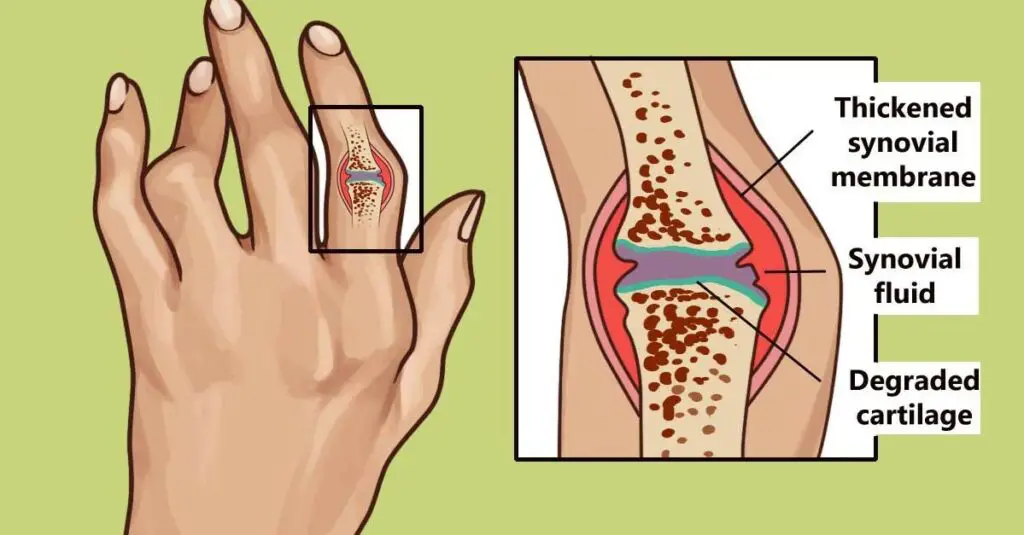Navigating the complexities of a partnership is akin to sailing the ocean. Your compass is trust, your rudder is love, and your anchor is commitment. But, beneath the seeming calm, there are dangerous undercurrents at work, silent killers of relationships that often go unnoticed until they breach the surface. Each danger is a threat to the security of your emotional connection and can, over time, erode the very foundation of your partnership.
In this article, we uncover the 10 silent killers that loom over relationships like a storm cloud, ultimately leading many to the life adjustment of divorce. We’ll provide insight into spotting these threats early on and how to either reroute your relationship or weather the storm together. Love may conquer all, but understanding how to tame these silent killers is the key to ensuring that it’s love that prevails.
The Importance of Identifying the Silent Killers
Before navigating the storm, it’s critical to understand the risks. The first step in safeguarding your relationship is recognizing the signs of trouble. These silent killers are often subtle at first, but can quickly escalate, leaving a trail of heartache in their wake. Understanding these risks equips you with the tools to take swift, preventive action.
1. Lack of Communication
Communication is the lifeblood of any successful relationship. Without it, emotional and relational growth stagnates, leading to misunderstandings, resentment, and a deepening divide.
Silent Killer Symptoms: Conversations that seem to circle the same unaddressed topics, partners not feeling heard or understood, and a sense that important feelings are being bottled up.
Antidotes: Engaging in deep, active listening, sharing feelings with ‘I’ statements, and setting aside regular, dedicated time for open dialogues.
2. Financial Strain
Money troubles are consistently cited as one of the leading causes of marital discord. Disagreements over spending habits, financial stress, and long-term planning can strain even the strongest bonds.
Silent Killer Symptoms: Regular arguments over money, secretive spending, and financial decisions made without consulting one another.
Antidotes: Developing a shared financial plan, managing debt as a team, and fostering an environment where financial transparency is valued.
3. Infidelity
Infidelity shatters the trust that is the very fabric of our intimate partnerships. The act of cheating often unveils deeper issues within the relationship that have gone unaddressed.
Silent Killer Symptoms: Sudden guardedness over belongings and digital devices, unexplained absences, and a gut feeling that something is amiss.
Antidotes: Establishing clear boundaries, rebuilding trust through open communication and therapy, and commitment to the underlying issues leading to the infidelity.
4. Unrealistic Expectations
Romanticized notions of love and marriage can set us up for failure from the start. Unrealistic expectations often lead to disappointment and dissatisfaction in the relationship.
Silent Killer Symptoms: Regular comparisons of your partner with an ideal, an unrelenting belief that love should be effortless, and constant disappointment in the reality of your relationship.
Antidotes: Continual, realistic relationship evaluations, open discussions about wants and needs, and accepting both the strengths and limitations of your partner.
5. Lack of Intimacy
Intimacy is far more than just physical, it’s about vulnerability, trust, and closeness. When intimacy wanes, the relationship can feel more like a business partnership than a romantic union.
Silent Killer Symptoms: Infrequent physical contact, an emotionally distant partner, and a sense of unrest and loneliness despite being together.
Antidotes: Investing in regular date nights, exploring new ways to be physically and emotionally close, and cultivating an environment where it’s safe to be vulnerable.
6. Incompatibility
While some differences are healthy in a relationship, significant incompatibilities in core values can create a barrier to long-term happiness.
Silent Killer Symptoms: Regular clashes on fundamental issues like religion or values, constant feelings of frustration and misalignment, and an inability to find common ground.
Antidotes: Seeking counseling to bridge the gaps, finding mutual respect for differing viewpoints, and making conscious efforts to understand and accommodate each other’s outlooks.
7. Neglect
In the busyness of life, it’s all too easy to take our partners for granted. Neglect can extinguish the flames of passion and love that once burned brightly.
Silent Killer Symptoms: Taking more time for work or hobbies than the relationship, lack of affirmations or gestures of love, and a sense of emotional distance.
Antidotes: Scheduling regular quality time, expressing love and gratitude daily, and approaching the relationship with the same conscious effort you would give to your career or other personal goals.
8. Resentment
Unresolved conflicts and recurring patterns of behavior can lead to the festering of resentment, a corrosive force that eats away at the happiness in a relationship.
Silent Killer Symptoms: Seething over past wrongs, being unable to recall positive memories with your partner, and a hostile undercurrent in the relationship.
Antidotes: Addressing issues openly and immediately, fostering a culture of forgiveness and acceptance, and seeking closure on past grievances through counseling or guided conversations.
9. Control Issues
Control can manifest in myriad ways, from dominating the decision-making to emotional manipulation. It stifles personal growth and creates an imbalanced power dynamic in the relationship.
Silent Killer Symptoms: Feeling like you’re ‘walking on eggshells’, being micromanaged in daily activities, and noticing significant restrictions in your freedom.
Antidotes: Communicating openly about needs and boundaries, seeking professional help for controlling behaviors, and fostering an environment of respect and autonomy in the relationship.
10. Lack of Appreciation
Feeling unappreciated can make a partner feel like their contributions to the relationship are unseen and undervalued. Over time, this can lead to a diminishment of love and effort.
Silent Killer Symptoms: Rare acknowledgments of your partner’s efforts, a dearth of ‘thank yous’ and praise, and a feeling of discontent despite your efforts to nurture the relationship.
Antidotes: Incorporating gratitude rituals into your daily routine, expressing appreciation for even the small things, and fostering an environment where each partner’s efforts are recognized and reciprocated.
Taming the Storm
Spotting the silent killers in their infancy is only the first step. The real work lies in proactively addressing these challenges before they escalate. With clear communication, mutual understanding, and a willingness to face these issues head-on, even the deadliest threat can be navigated.
Conclusion
Relationships are living entities that require care and attention to thrive. By understanding and actively countering the silent killers that often lead to divorce, you’re empowering your partnership with the strength to endure. Each challenge overcome together strengthens the bonds of trust and love, ensuring that your relationship sails on, unimpeded by the threats that silently lurk beneath the surface.







